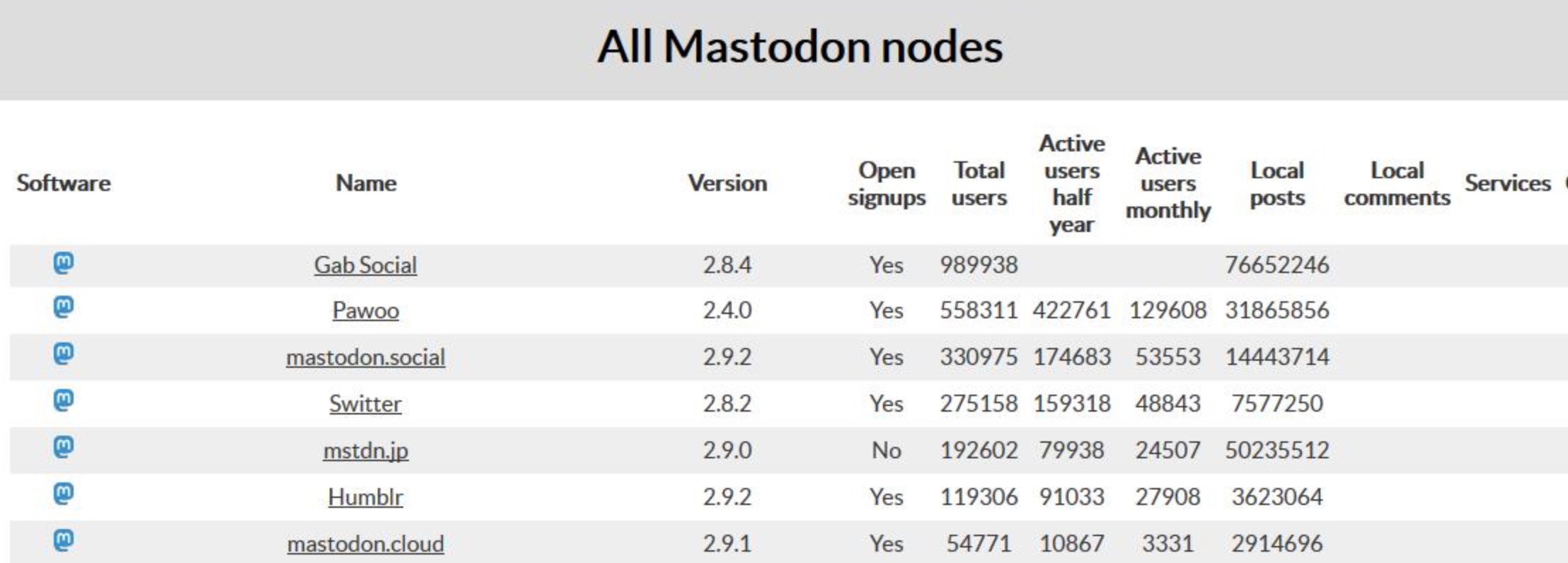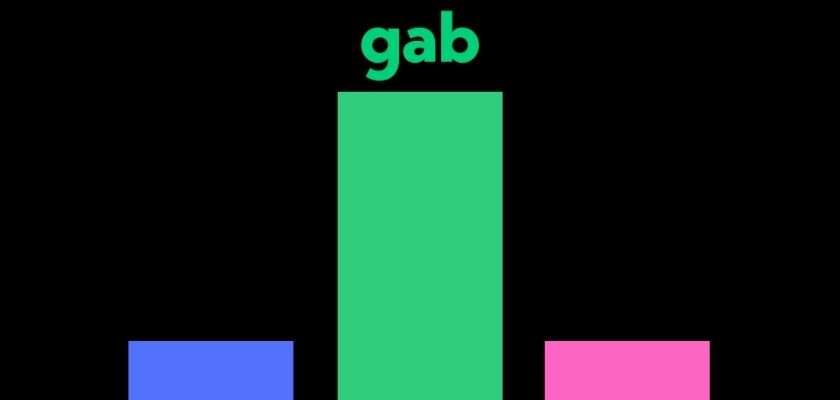Gab, a social network that seeks to differentiate itself with a focus on individual liberties and free speech, has emerged as Mastodon’s largest node making a massive contribution to the decentralized social world, coming in with whoping double the number of users of its closes competitor.
Click here to display content from X.
Learn more in X’s privacy policy.
Gab is a fork of Mastodon, itself an open-source self-hosted, federated social media networking service. It works by enabling anyone to host their server node while participating in the Fediverse – that includes other platforms supporting the same protocols.
According to the tweet, Gab is now the largest Mastodon node, with one million users since starting to take part in the Fediverse network based on Mastodon.
This means that Mastodon Social itself has been left behind in third place, while Japan’s Pawoo currently occupies the second.

Gab earlier this week launched a new version of the social network, billed as a free speech and First Amendment-respecting alternative to centralized social media giants like Twitter.
Gab is now open source and decentralized, and basing it on Mastadon provides a workaround allowing its users to sign into their accounts using the many apps already present in the stores that share the same ActivityPub protocol.
However, the social network warned that some of these apps were blocking Gab, while most were expected to work.
The new version is meant to bypass restrictions and allow the social network into mobile app stores, including those operated by Apple and Google, from where it had been repeatedly rejected in the past.
But the network and its founder and CEO Andrew Torba also face a flurry of criticism for allowing what is referred to as “hate speech” onto the platform – although Apple originally banned the Gab app from its App Store by citing adult content shared by a user.
Torba at the time slammed this as a case of double standards, considering that Apple allows similar content in apps from large Silicon Valley companies like Reddit and Twitter.










